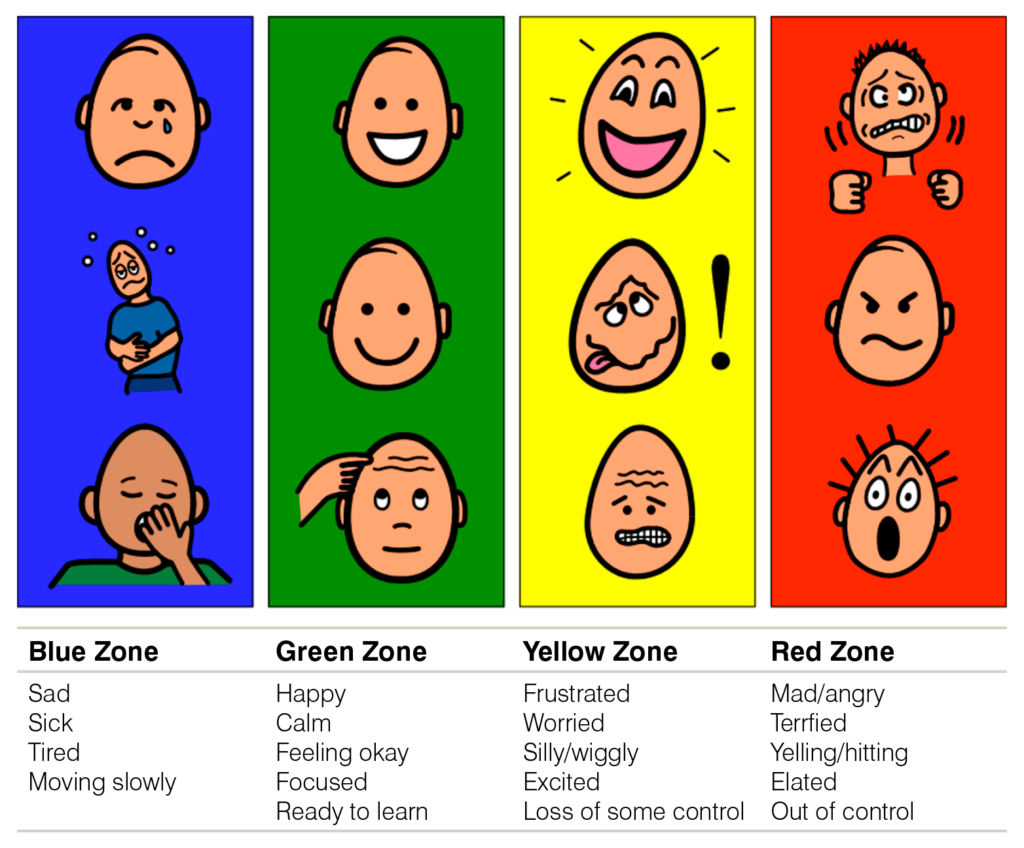Behaviour Management
The Scotch College Junior School Community values a caring and supportive environment in which positive relationships are nurtured and prioritised among staff, parents and students. All students deserve to learn in a safe, secure and inclusive environment in which they are valued as individuals and can develop to their potential. When children experience nurturing, respectful reciprocal relationships and consistent emotional support this contributes to the development of a strong sense of wellbeing (Early Years Learning Framework, p12).
When children participate collaboratively in everyday routines, events and experiences and have opportunities to contribute to decisions, they learn to live interdependently and make informed choices about their behaviours.
Our Aim is:
- To ensure all students exhibit respect, integrity, courage and compassion for others
- To provide a consistent approach to behaviour development and management
- To ensure expectations, responsibilities and consequences of behaviour are clear to students, staff and parents
- To ensure staff, students and parents honour the Christian values and heritage of the School
- To ensure all students are developing:
- positive learning behaviours
- effective communication
- problem solving skills
- social skills
- positive self-esteem
- respect for themselves, others and their environment
- enjoyment of learning
In the Junior School, we focus on reinforcing positive behaviours. The methods this is achieved through are:
- Praise (individual or whole class)
- Stamp in the diary (Scotch Odyssey)
- Merit Awards towards House points
- Reward time for Passion Project
- HoJS Worker of the Week
- Headmaster’s Commendation
Student expectations include:
- Modelling of the Scotch Values
- Behaving in a way that keeps everyone safe
- Using appropriate language at all times
- Respecting their own belongings and the belongings of others
- Keeping the School environment in a neat and tidy condition
- Respecting and care for the school environment and equipment
- Including others
- Taking responsibility for their actions/inactions
In the Early Learning Centre (PK, K and PP), behaviour is managed using Social Thinking and The Zones of Regulation. The Zones of Regulation is a curriculum designed to foster self-regulation and emotional control and is an age-appropriate way to support children to manage their big emotions and make positive behaviour choices. The Zones of Regulation programme is designed to develop a child’s behavioural and self-awareness within a group and fosters the skill of self-monitoring. It uses simple, age-appropriate vocabulary and provides picture cues to help teach these concepts to young children.
Students learn about the impact of their behaviour choices as well as strategies they can employ as they feel themselves traversing the zones. They become more aware of how others perceive them and the impact of their behaviour. It gives students the ability to learn how to recognise and communicate appropriately as to how they are feeling.
The Zones of Regulation
Students learn about the impact of their behaviour choices as well as strategies they can employ as they feel themselves traversing the zones. They become more aware of how others perceive them and the impact of their behaviour. It gives students the ability to learn how to recognise and communicate appropriately as to how they are feeling.

Behavioural Management Flow Chart (Years 1-5)
Behaviours |
Consequences |
Person Responsible |
|
|
|
Any of the above repeated plus:
|
|
|
Any of the above repeated plus:
|
|
|
After several records of disruptive behaviour parents will be requested to meet with the Deputy Head, classroom teacher and possibly School psychologist. This could result in an Individual Behaviour Support Plan being introduced. If the behaviour continues, a meeting with the Head of Junior School will occur and can include conditions to enrolment (probationary enrolment).